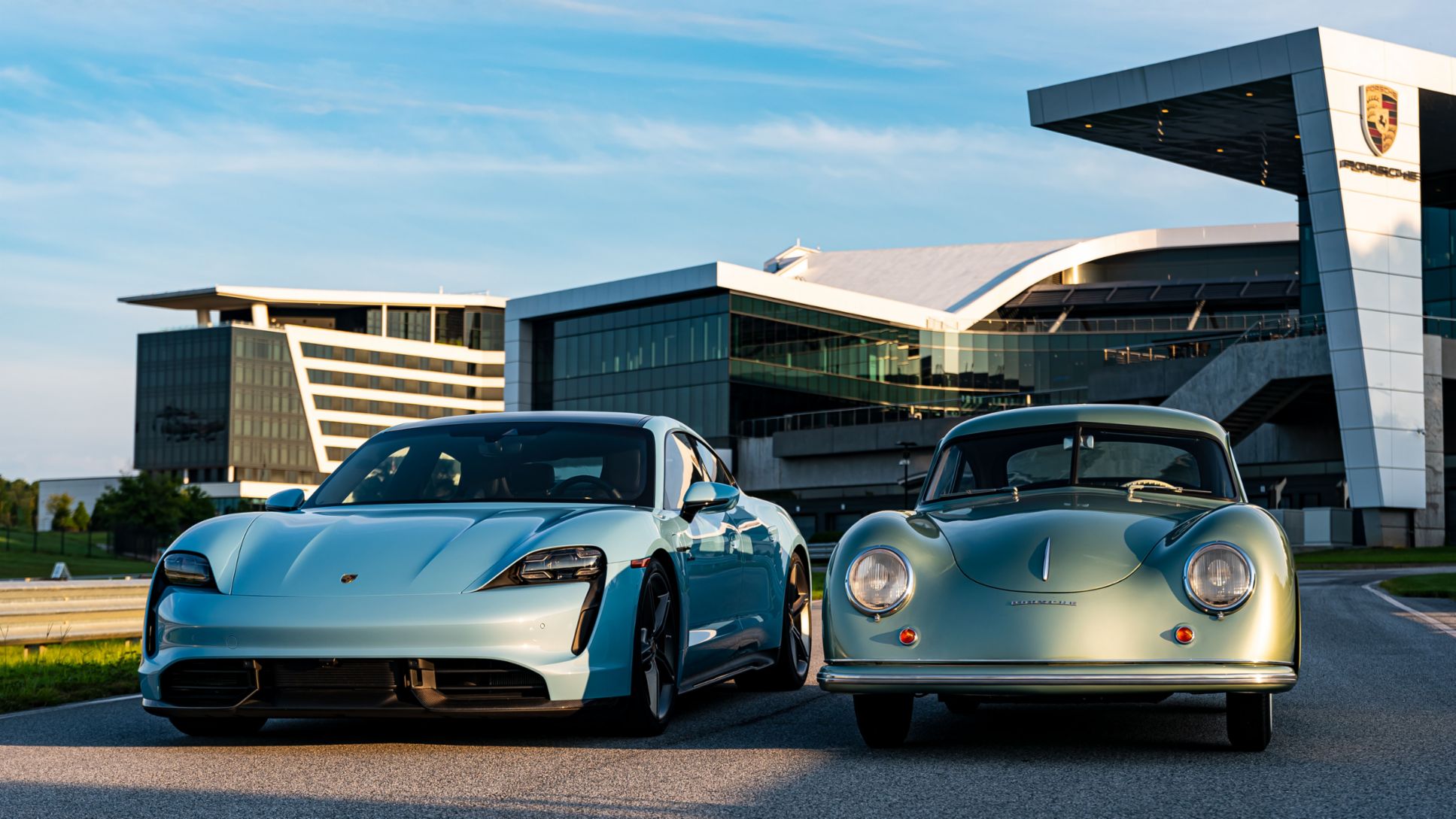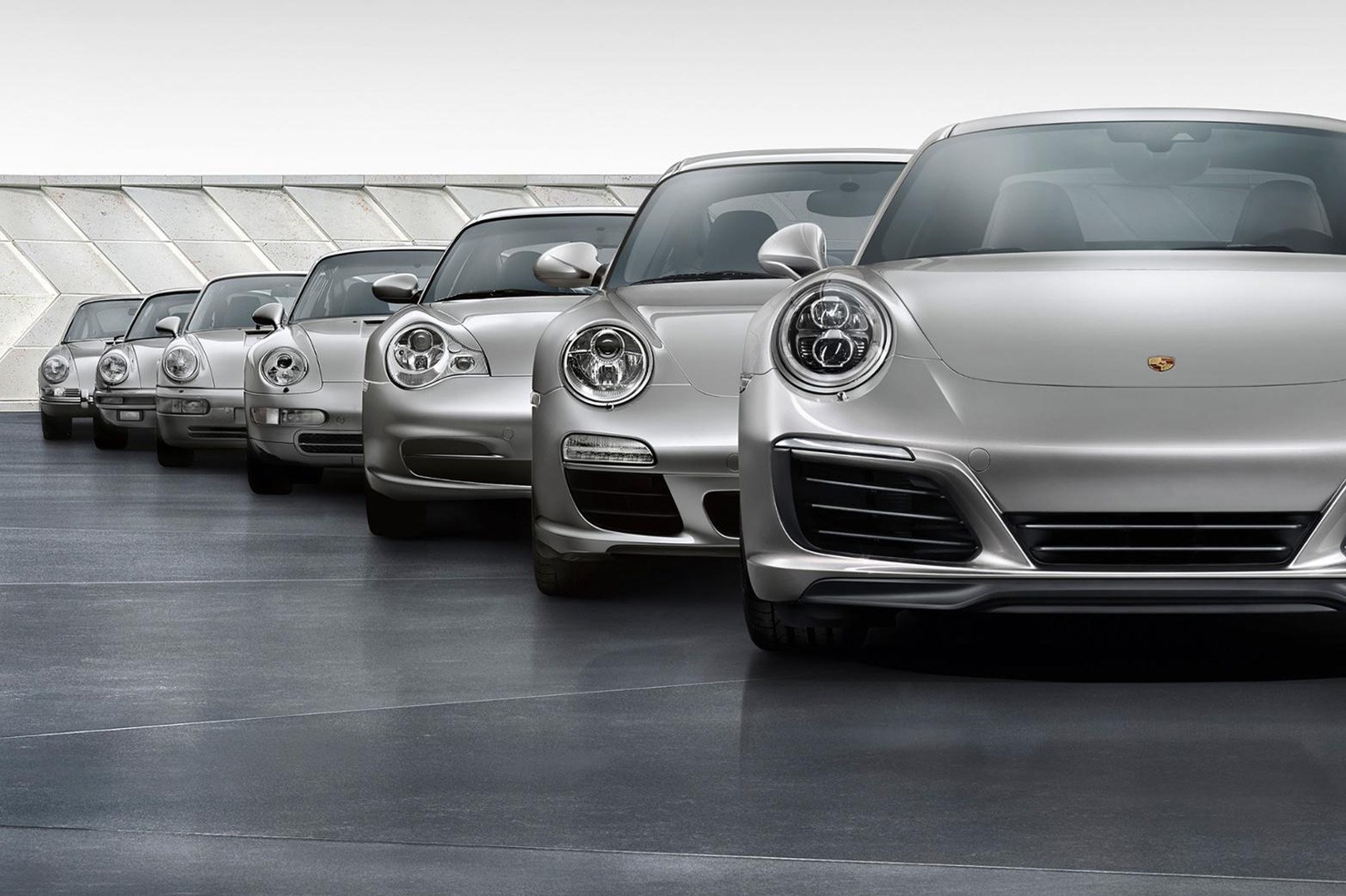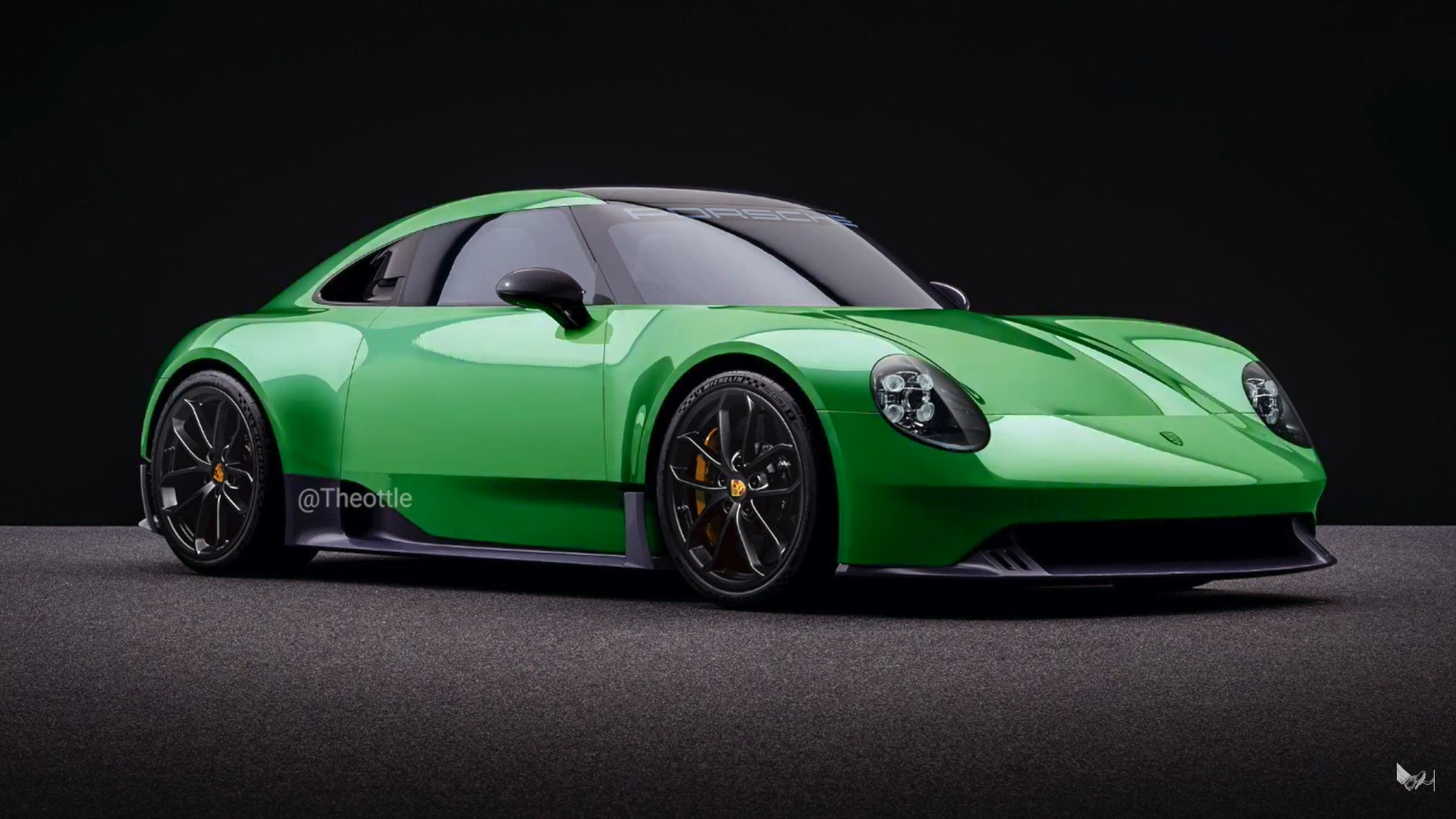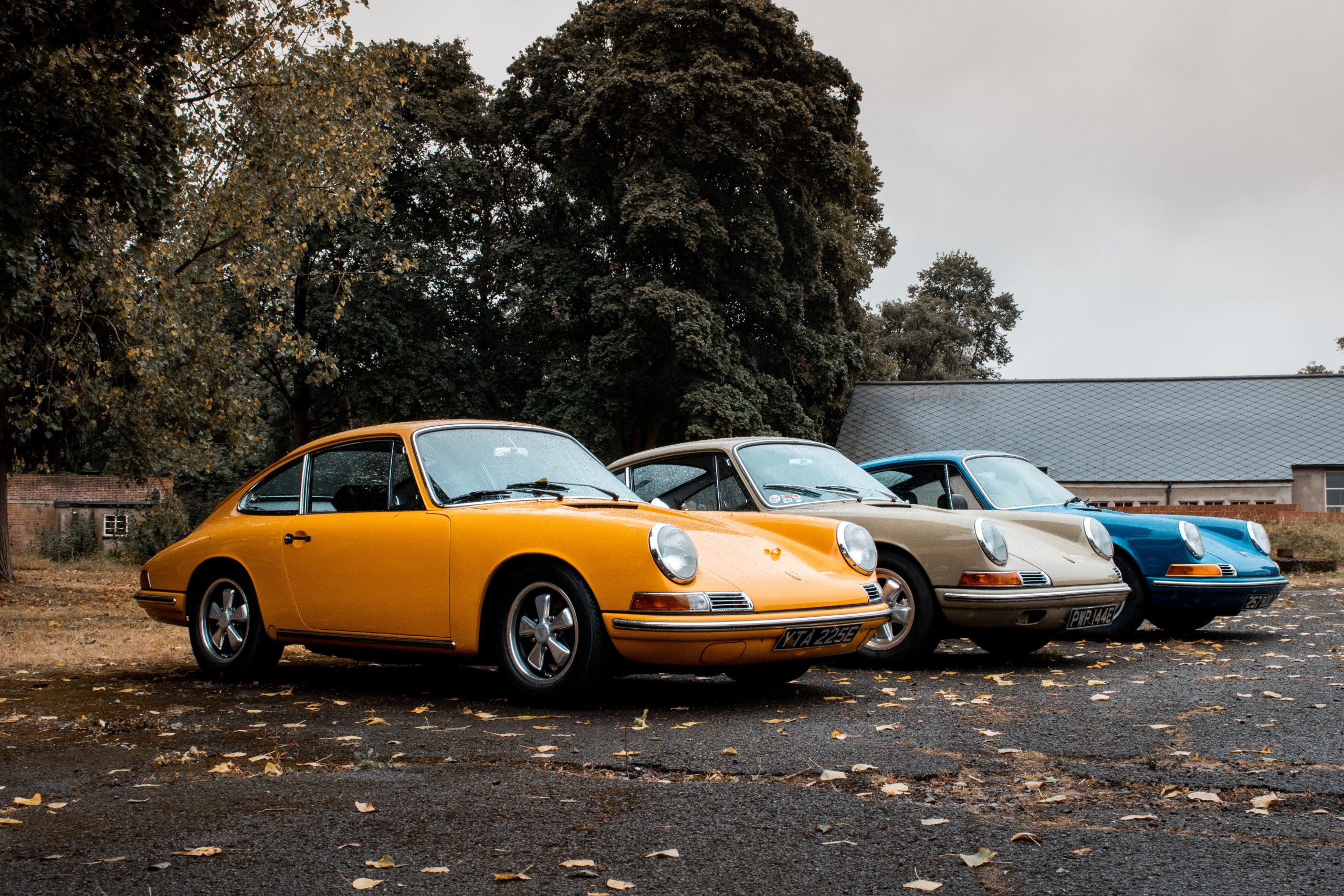When Porsche Was Founded: The Birth Of An Automotive Legend
Share

When it comes to automotive excellence, few brands evoke as much passion and admiration as Porsche. From racetracks to high-performance street cars, Porsche has consistently set the bar for design and engineering excellence. The story of when Porsche was founded is a testament to this legacy, rooted in innovation, performance, and an unwavering commitment to quality.
The Early Years: A Vision Takes Shape
Porsche was founded on April 25, 1931, by Ferdinand Porsche in Stuttgart, Germany. Originally established as "Dr. Ing. h.c. F. Porsche GmbH," the company initially offered vehicle development consulting services. Ferdinand Porsche was an automotive engineer who had already made a name for himself by working with companies like Austro-Daimler and Mercedes-Benz. His philosophy was simple: to create cars that combined performance, spirit, and style.
Porsche's early years were focused on design and engineering, paving the way for what would become some of the most iconic vehicles in automotive history. However, the real breakthrough came when Ferdinand's son, Ferdinand "Ferry" Porsche, took the reins during World War II.
The Iconic Porsche 356: The First Production Model

The first production car to bear the Porsche name was the Porsche 356. Introduced in 1948, the 356 was developed by Ferdinand "Ferry" Porsche himself. This model showcased innovative engineering, lightweight construction, and a sleek design that captivated automotive enthusiasts and marked the brand's official entry into the automobile market.
The 356 proved to be a massive success and helped solidify Porsche's reputation for performance and quality. Its unique design and engineering principles laid the groundwork for future models and established a passionate following among car enthusiasts.
Shaping the Future: The Birth of the 911
As Porsche's reputation grew, so did ambitions for new models that would push the boundaries of automotive engineering. This ambition culminated in 1964 with the introduction of the Porsche 911, a car that would become a symbol of the brand and an icon of automotive design.

Although the 911 was initially met with skepticism due to its radical departure from the 356's design, it quickly became a favorite among performance enthusiasts and racers. Its distinctive silhouette, rear-engine configuration, and incredible performance on and off the racetrack further cemented Porsche as a frontrunner in the automotive world.
Over the decades, the 911 has evolved through various generations, maintaining its iconic status while continuously adapting to emerging technology and design sensibilities. Its success can be attributed to Porsche's relentless pursuit of performance, innovation, and the company's commitment to its roots.
Racing Heritage and Success
Porsche's foundational years were not only characterized by their production cars but also by a strong commitment to motorsport. The brand quickly made a name for itself on the world stage through various racing endeavors.

From early entrants in endurance racing to dominating the Le Mans 24 Hours, Porsche has a rich motorsport heritage that has greatly influenced its production models. The lessons learned in racing have driven continuous improvements in design, aerodynamics, and engine performance for street-legal cars.
Porsche has garnered numerous accolades, including an impressive tally of wins at the prestigious Le Mans race, which has further embedded the brand in the hearts of motorsport fans worldwide.
The Evolution of Porsche: A Legacy of Innovation
Over the years, Porsche has adapted to the needs and desires of modern consumers while holding firm to its core values of performance and engineering excellence. From the introduction of the Porsche Cayenne, which opened new markets for the brand, to the highly successful electric vehicle lineup with the Taycan, Porsche has expanded its offerings to appeal to broader audiences.

Today, Porsche operates in a competitive automotive landscape where sustainability and technological innovation are paramount. The electric revolution has not deterred Porsche from its commitment to performance; instead, it has embraced it, positioning itself as a leader in sustainable sports car development.
Conclusion: The Legacy Continues
From its founding in 1931 to the present day, Porsche has become synonymous with high-performance automobiles that embody style, innovation, and exceptional engineering. The brand’s founding story is one of ambition, resilience, and a profound passion for automotive excellence. Whether you’re cruising the streets in a 911, conquering off-road terrain in a Cayenne, or embracing the future with a Taycan, the legacy of when Porsche was founded is alive and well in every vehicle that wears the Porsche crest.
As we look to the future, Porsche continues to evolve while honoring its storied past. The journey has only just begun, and there’s no telling how this iconic brand will continue to innovate and inspire for generations to come.